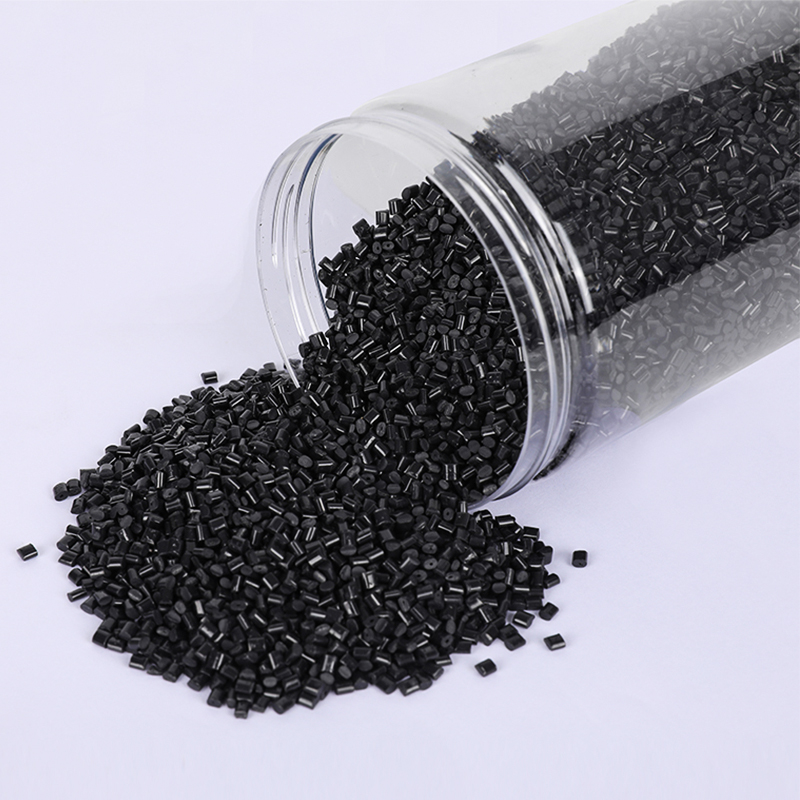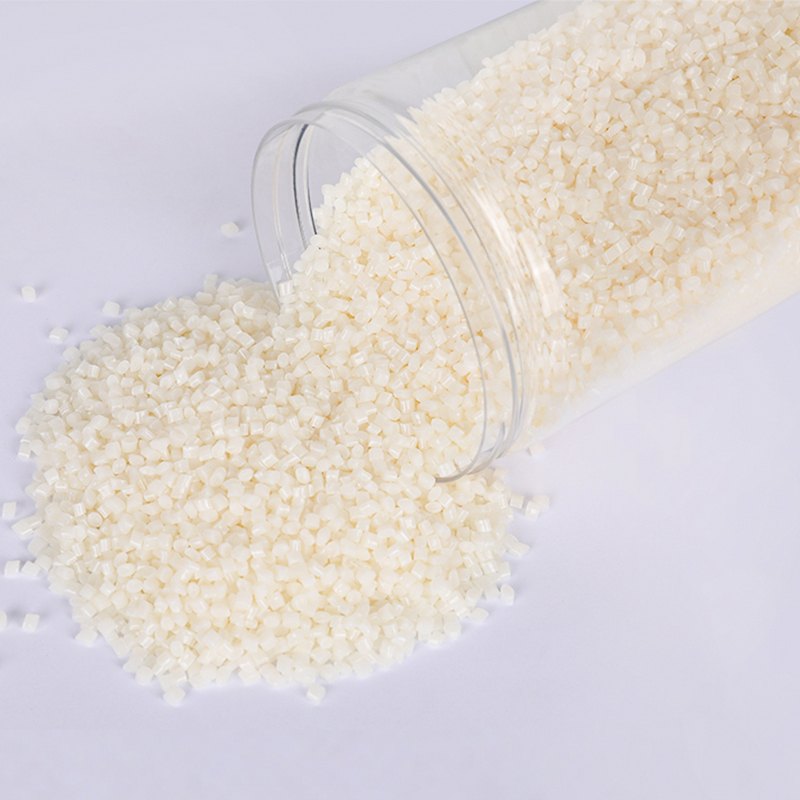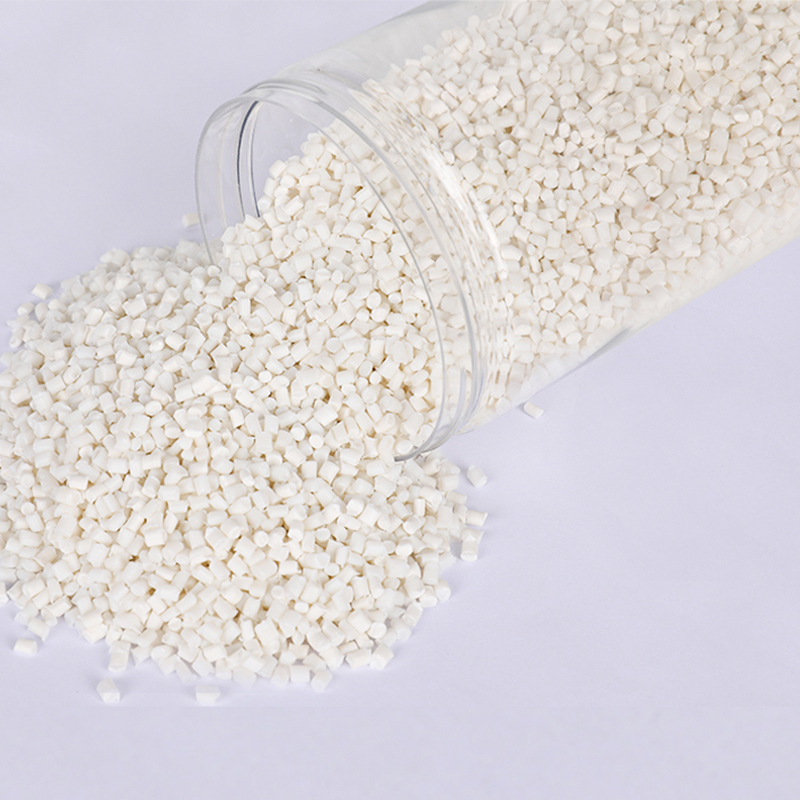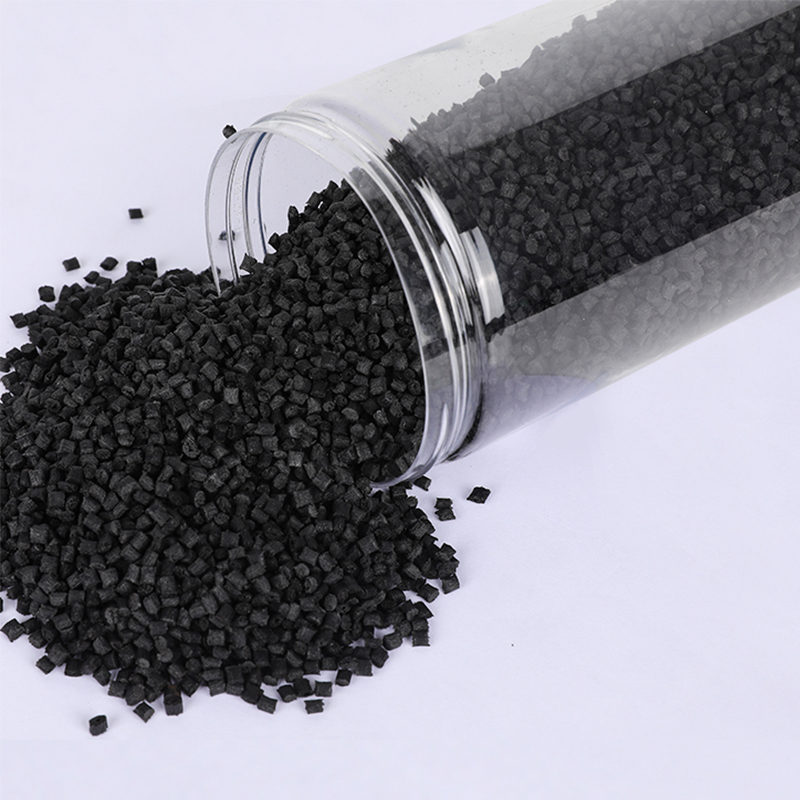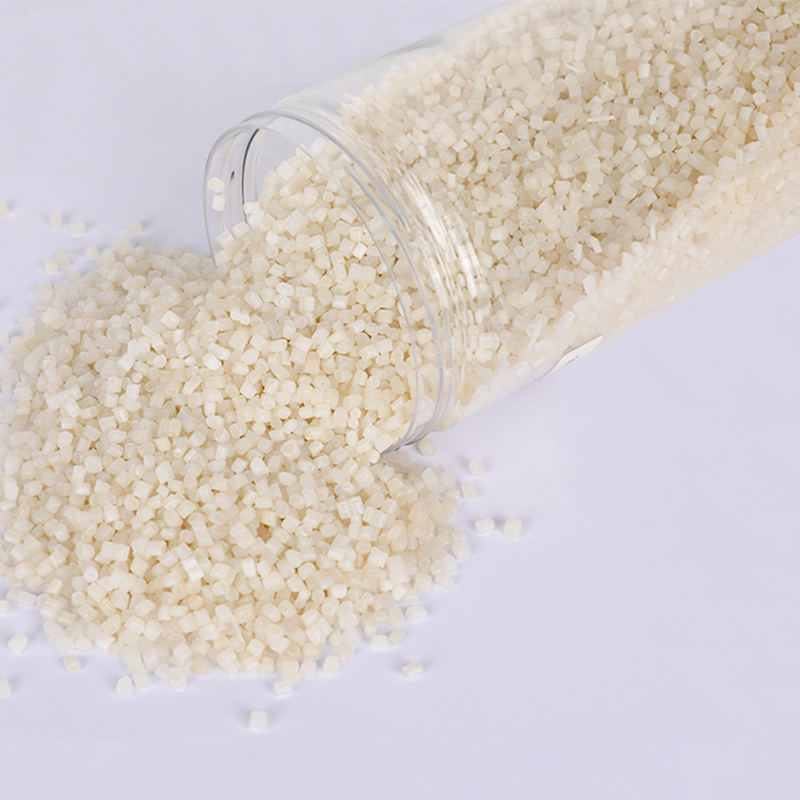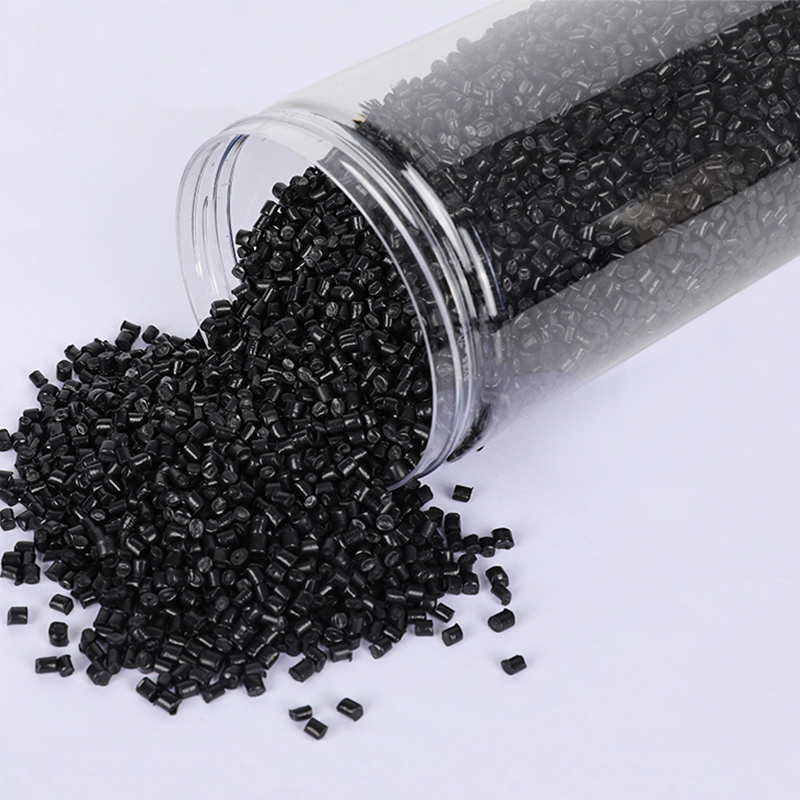The typical properties of
recycled PA granules can vary depending on factors such as the source of the recycled material, the recycling process used, and the specific application requirements.
Mechanical properties: Recycled PA granules may exhibit slightly lower mechanical properties compared to virgin PA granules. This can include differences in tensile strength, impact resistance, and elongation at break. However, with proper processing and formulation, recycled PA can still meet the performance requirements of many applications.
Thermal properties: Recycled PA granules generally have similar thermal properties to virgin PA granules, including heat resistance and thermal stability. However, variations in processing conditions or the presence of impurities in the recycled material can affect thermal performance.
Chemical resistance: Both recycled and virgin PA granules typically offer good chemical resistance to oils, greases, solvents, and other chemicals. However, the presence of contaminants or degradation products in recycled PA may impact chemical resistance to some extent.
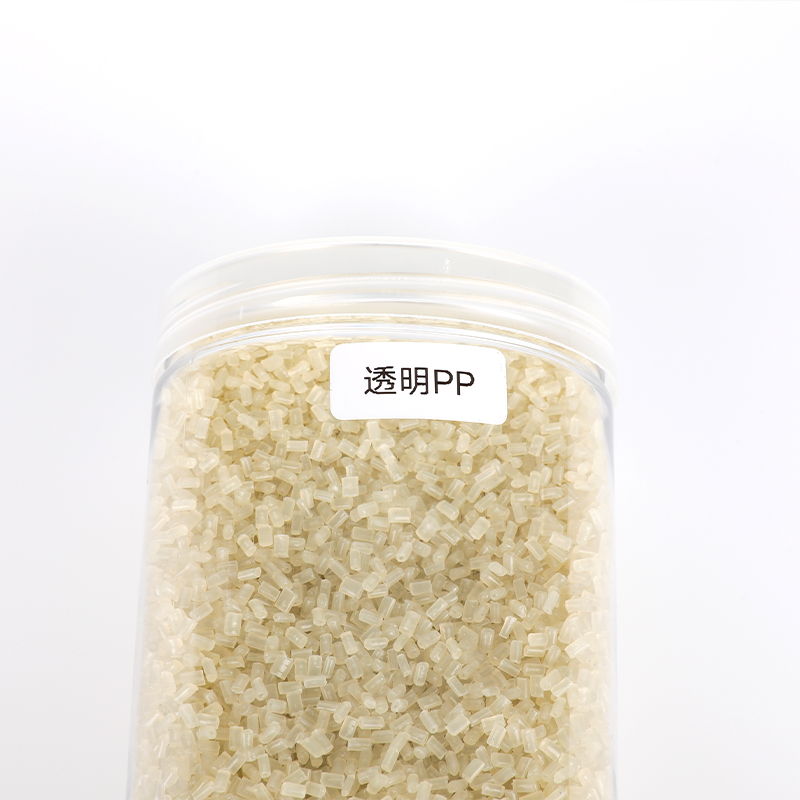
Density: The density of recycled PA granules may differ slightly from that of virgin PA granules due to variations in material composition and processing conditions. However, these differences are usually minimal and do not significantly affect the overall performance of the material.
Color and appearance: Recycled PA granules may have a slightly different color or appearance compared to virgin PA granules, depending on the source materials and the effectiveness of the recycling process in removing contaminants and impurities. However, the color can often be adjusted during processing to meet specific requirements.
Environmental impact: One of the key advantages of
recycled PA granules is their lower environmental impact compared to virgin PA granules. Recycling reduces the need for new raw materials, conserves energy, and helps divert waste from landfills, contributing to sustainability and resource conservation efforts.



 简体中文
简体中文 English
English

